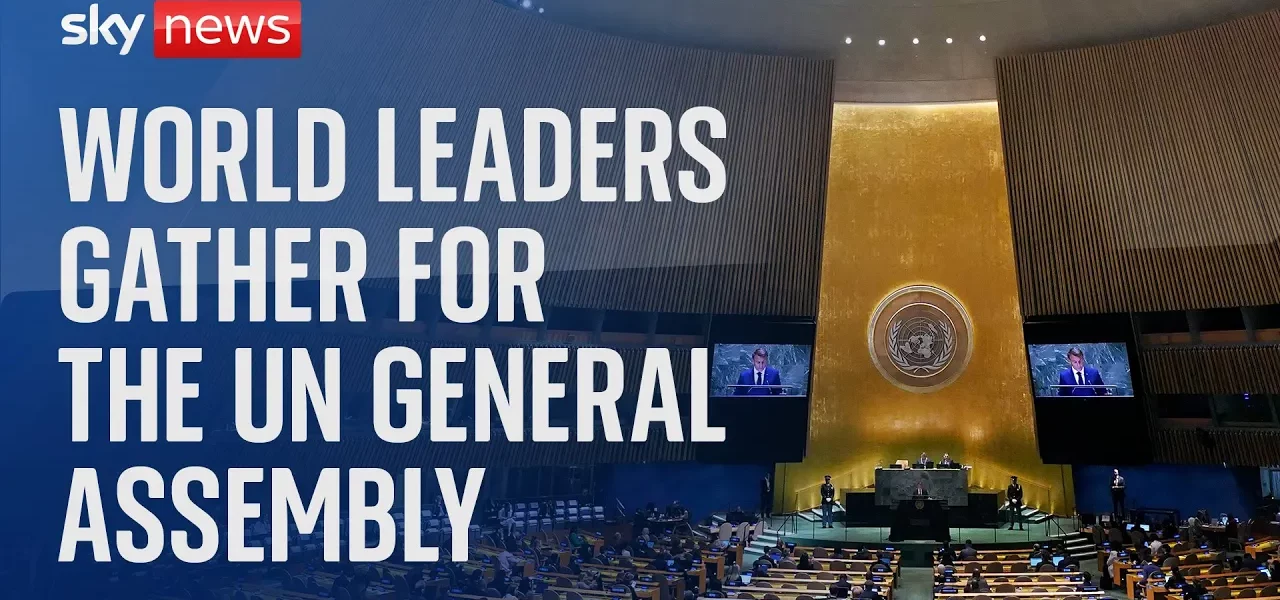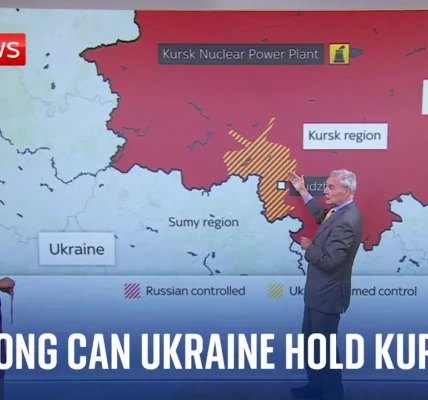Geopolitical Tensions: Human Rights and Self-Determination Issues

This article delves into the complex geopolitical landscape surrounding human rights abuses, self-determination struggles, and the ongoing tensions between Algeria and Morocco, particularly concerning the Western Sahara issue.
Introduction
The global discourse on human rights and self-determination has been increasingly highlighted in international forums, particularly within the context of the United Nations. Recent discussions have brought to light the ongoing struggles faced by nations like Algeria and Morocco, particularly regarding the status of Western Sahara. This article aims to unpack the intricate layers of these geopolitical tensions and the implications of human rights violations as discussed in recent debates.
Historical Context of the Western Sahara Conflict
The Western Sahara conflict has deep roots in colonial history, with the territory being annexed by Morocco following Spain’s withdrawal in 1975. The Sahrawi people, represented by the Polisario Front, have since sought recognition of their right to self-determination. This section will explore:
Colonial Legacy and Its Impact
The colonial history of Western Sahara has shaped its current political landscape:
- Spanish colonial rule and its abrupt end.
- The Madrid Accords and the division of the territory.
- The rise of the Polisario Front and its quest for independence.
International Response and UN Involvement
The United Nations has played a crucial role in attempting to mediate the conflict:
- Establishment of MINURSO in 1991 to oversee the ceasefire.
- UN resolutions calling for a referendum on self-determination.
- Challenges faced in implementing these resolutions due to geopolitical interests.
Human Rights Violations and International Law
Human rights abuses have been a consistent theme in the discourse surrounding the Western Sahara conflict. Both Algeria and Morocco have faced allegations of rights violations:
Allegations Against Morocco
Morocco has been accused of various human rights violations in the occupied territories:
- Suppression of freedom of expression and assembly.
- Displacement of Sahrawi populations.
- Use of excessive force against peaceful protests.
Algeria’s Stance and Its Implications
Algeria has positioned itself as a strong advocate for the Sahrawi people’s rights:
- Support for international law and the right to self-determination.
- Criticism of Morocco’s actions in the region.
- Calls for renewed international attention to the Sahrawi issue.
Recent Developments and Political Agitation
In recent discussions at the UN, representatives from Algeria and Morocco have exchanged heated remarks regarding the Western Sahara situation:
The Role of the UN General Assembly
The UN General Assembly has become a platform for both nations to voice their positions:
- Algeria’s emphasis on historical injustices and the need for self-determination.
- Morocco’s emphasis on territorial integrity and sovereignty.
Geopolitical Tensions and Regional Stability
The ongoing tensions have broader implications for regional stability:
- The potential for escalated conflict due to military buildups.
- The impact of foreign interventions and alliances.
- Concerns over humanitarian crises resulting from prolonged instability.
Conclusion
In conclusion, the issues surrounding human rights and self-determination in the context of the Western Sahara conflict remain complex and multifaceted. Both Algeria and Morocco must navigate a delicate balance between historical grievances and the pursuit of regional stability. The international community’s role is crucial in fostering dialogue and ensuring that the rights of the Sahrawi people are acknowledged and respected. For those interested in understanding more about the implications of these geopolitical tensions, further reading on related topics such as international law and human rights advocacy is recommended.
For more insights and detailed analyses, visit our related articles on Human Rights Practices Worldwide and Geopolitical Tensions in North Africa.
“`




